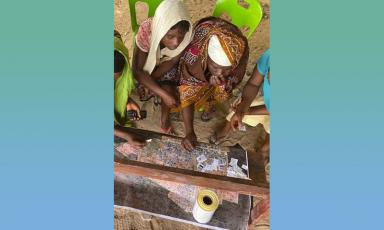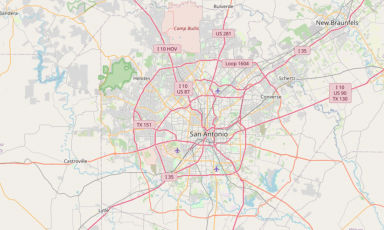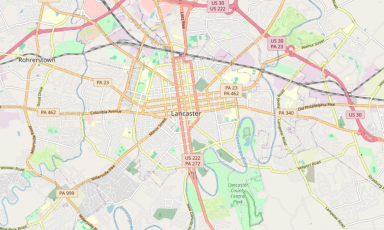Barranquilla, Colombia
PA'LANTE: A comprehensive approach to achieve socio-economic, cultural and urban integration of migrant and refugee families in Barranquilla

Summary
Barranquilla is committed to implementing the PA'LANTE project from June 2023 to December 2024 to support 500 migrant and refugee families with a comprehensive service approach to support their socioeconomic, cultural and urban integration.
Through this, Barranquilla evolves from a service-focused intervention model to an in-depth understanding of each family individually considered, and of the totality of its members, to facilitate their simultaneous access to a set of services tailored to their needs and preferences, measuring progress in integration trajectories, as well as their subjective opinion on the evolution of their well-being.
Such an initiative is aimed at the following:
- Increasing the level of integration of beneficiary families in the social, cultural, urban-housing and productive components.
- Implementing a new intervention model for the Intégrate Center based on the integration trajectories and preferences of the beneficiary families.
- Generating a scalable intervention model that can be replicated in other contexts in the region, which integrally addresses the family to achieve its socioeconomic, cultural and urban integration.
- Developing a qualitative analysis and a synthetic index of migrant integration that assesses the initial state of family trajectories and their evolution throughout the intervention process.
Impact
70% of the 500 beneficiary families will reach a high level of integration based on our Migrant Integration Index and the perceptions of each family.
SOCIAL COMPONENT
- 100% of the people in the program affiliated in health by the Secretary of Health of the Mayor's Office of Barranquilla.
- 100% of the people in the program registered in the SISBEN office of the Barranquilla Mayor's Office (Identification System of Potential Beneficiaries of Social Programs).
- 100% of beneficiaries of legal age with access to the sexual and reproductive health promotion program.
- 100% of beneficiaries with coverage for one year in the Mental Health Program.
- 70% of children between 0 and 5 years old enrolled and with access to the Child Development Centers of the Colombian Institute of Family Welfare (ICBF).
- 80% of school-age youth enrolled and with access to basic and secondary education in district educational
- district educational institutions.
- 300 children with access to educational reinforcement within the framework of the program of the District Secretary of Education.
- 90% of children and adolescents benefiting from PPT, as a result of the migration regularization process carried out by Migration Colombia.
HOUSING COMPONENT
- 80% of beneficiary families with adequate housing under the Ministry of Housing subsidy program called "Solidarity Renting for Migrant Homes".
CULTURAL COMPONENT
- 50% of beneficiaries participating in community development spaces, non-formal education programs or cultural exchange spaces within the framework of the PLURAL program.
PRODUCTIVE INTEGRATION COMPONENT
- 85% of beneficiary families with a stable and permanent source of income, based on comprehensive support and subsequent placement in formal employment or the promotion of their entrepreneurship.
Lessons learned
From the work developed with Ruta PA'LANTE we have learned the following lessons:
- Disseminate in a transparent manner the objectives and scope of the intervention in the community, so as not to generate false expectations.
- The importance of building trust with solid links in the community, through the implementation of constant working groups.
- Strengthen local governance in the community and intervention in the territory, through mapping and articulation of key actors.
- The importance of generating emotional bonds among the work team as a key to increase productivity.
- Generate trust and participation of community leaders; so that they commit and accompany the project execution; taking into account that they are natural allies in the territory.
- Inform local authorities about the presence of project teams in the territory as a protection and security mechanism.
- Promote access to basic services to overcome barriers of access to work, health, education, productive units, System of Identification of Potential Beneficiaries of Social Programs, among others.
- Take as a reference in the formulation of plans, programs and projects key documents with the Global Compact for Safe, Orderly and Regular Migration. Many of the objectives of the Pact have been included in the PA'LANTE strategy.


